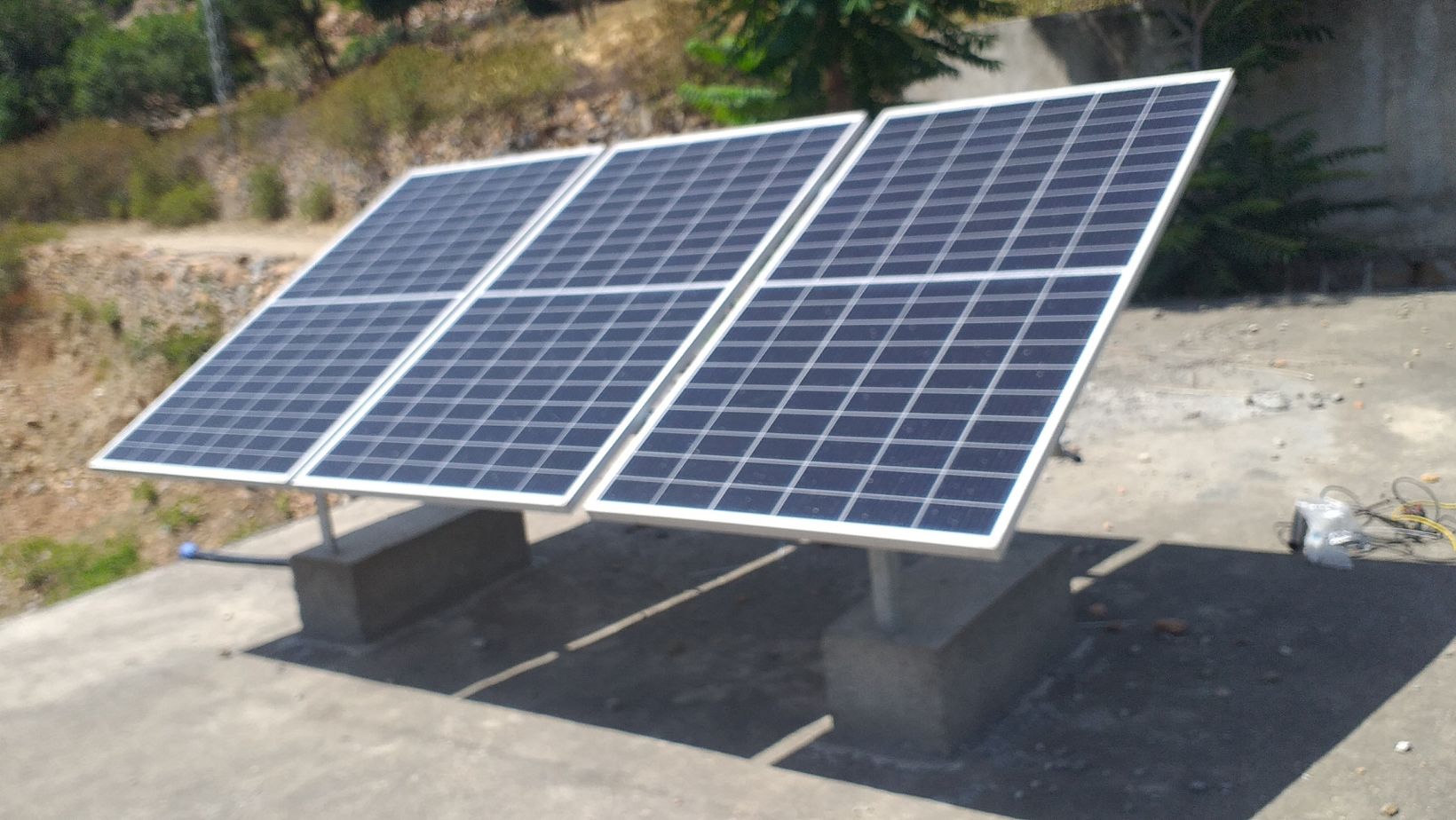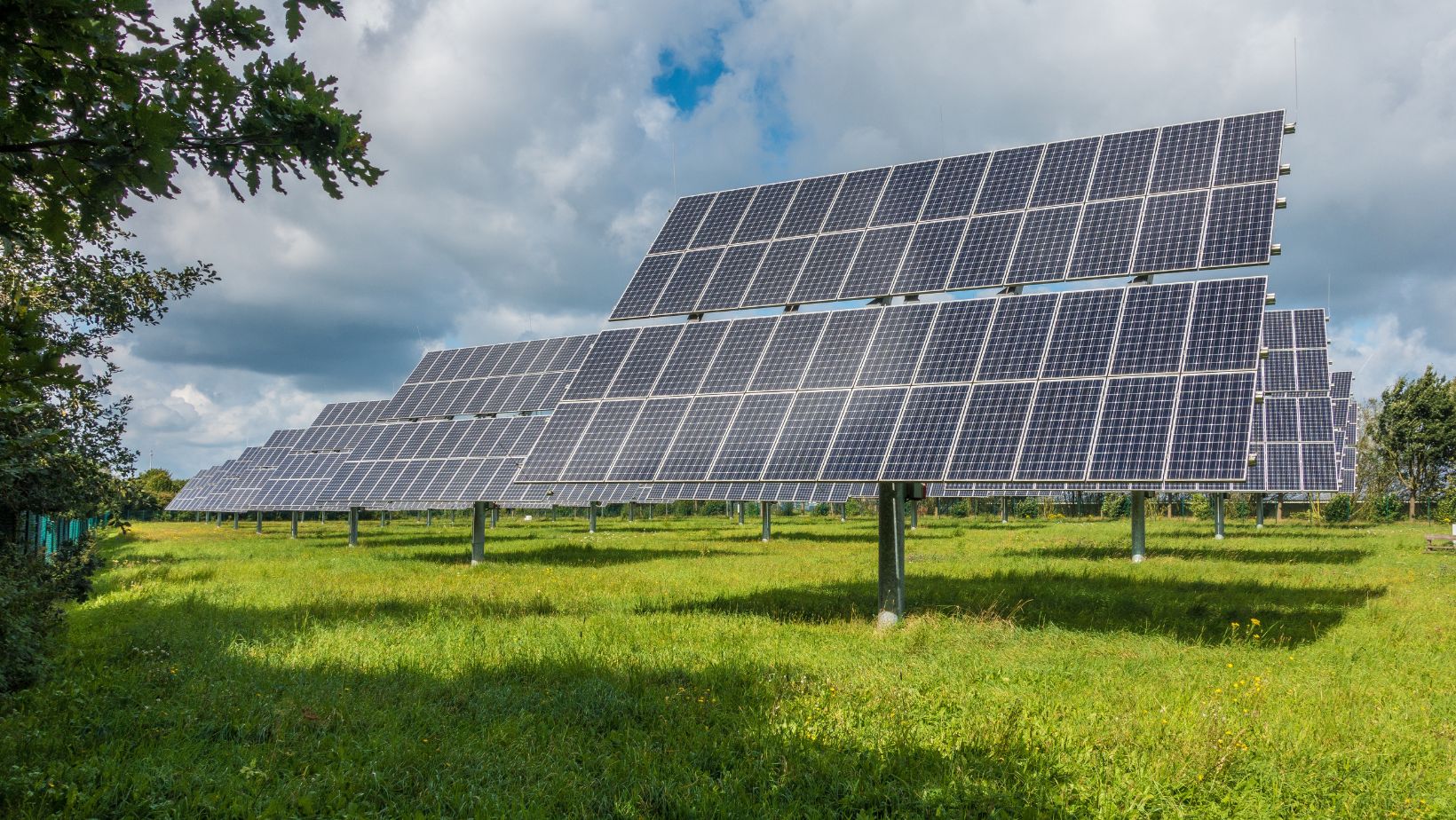Choosing the right solar hybrid inverter is crucial for maximizing your energy efficiency and ensuring that your solar system operates smoothly. With so many options available, it can be overwhelming to determine which inverter will best suit your specific needs.
Here are some key considerations to help guide your decision-making process and ensure that you select an inverter that aligns perfectly with your energy goals and lifestyle.
Understand What a Solar Hybrid Inverter Does
A solar hybrid inverter plays a key role in a solar energy system. It converts the direct current (DC) generated by solar panels into alternating current (AC), which is used by most home appliances. This type of inverter can work with both solar energy and battery storage.

When paired with a solar charge controller inverter, it helps manage the energy flow from the solar panels to the batteries. This ensures that the batteries are charged correctly and not overcharged. In essence, the solar hybrid inverter allows for more efficient energy use and helps you take full advantage of your solar power system.
Assess Your Energy Needs
To choose the right solar hybrid inverter, you need to understand your energy needs. Start by looking at your electricity bills to see how much energy you use each month.
Consider the times when your energy usage peaks. List the appliances you use regularly and their power ratings. This information will help you determine how much energy you need from your solar system.
By knowing your requirements, you can choose an inverter that can handle your energy load efficiently. If you are not sure where to start, you can explore solar options for your Chicago property.
Consider Your Solar System Size
The size of your solar system is an important factor when selecting a solar hybrid inverter. A larger solar system will generate more electricity, which means you need a hybrid inverter that can handle this increased output. Think about how much space you have for solar panels. The more panels you install, the more power you can produce.
Additionally, consider the total wattage of the solar panels you plan to use. This will help you choose a hybrid inverter that matches your system’s capacity. Aligning the inverter’s specifications with your solar system size ensures optimal performance and efficiency.
Evaluate Battery Compatibility
When choosing a solar hybrid inverter, checking if it is compatible with your battery system is important. Different inverters work with specific types of batteries, like lithium-ion or lead-acid. Look for information about battery compatibility in the inverter’s specifications. This will help you avoid issues down the line.
Make sure the inverter can handle the total capacity of your batteries. Good compatibility ensures that your solar and battery systems work well together. Always consult a professional if you are unsure which inverter to choose.
Reliability and Efficiency
Reliability is key when choosing a solar hybrid inverter. You want an inverter that performs well over time without frequent breakdowns. A reliable inverter will provide consistent power, which is important for your home’s energy needs. Look for products with good warranties and reviews from other users.
Efficiency is also crucial. An efficient inverter converts more solar energy into usable power. Less energy is wasted, which can save you money on energy bills. Check the efficiency ratings of different inverters.

Aim for a high efficiency rating to get the most out of your solar system. Together, reliability and efficiency help your solar setup work effectively and save you more energy in the long run.
Grid Connectivity Options
When selecting a solar hybrid inverter, consider its grid connectivity options. A grid-tied inverter connects your solar system to the local power grid. This allows you to send excess energy back to the grid, which can earn you credits on your energy bill.
A grid-off inverter, on the other hand, works independently of the grid. This means it stores energy in batteries for use during power outages. Some inverters provide the option to connect to both the grid and battery storage.
This flexibility lets you choose the best setup for your needs. Always check the inverter’s specifications to understand its connectivity features.
Smart Features and Monitoring
Smart features in solar hybrid inverters can greatly enhance energy management. Many inverters come with Wi-Fi or Bluetooth connectivity, which allows you to monitor your system through a smartphone app. You can check how much energy you are generating and using in real time.
Some systems also provide alerts if there is an issue, helping you fix problems quickly. Additionally, advanced inverters may include energy-saving modes or schedules. These features allow you to use energy when rates are lower, maximizing savings.
By choosing an inverter with smart features, you can gain better control over your energy use and improve your overall efficiency.
Budget Considerations
When choosing a solar hybrid inverter, your budget is an important factor. Start by determining how much you can afford to spend. Inverters come in many price ranges, so you should find one that fits your budget while still meeting your needs.
Remember to consider the long-term savings on your energy bills, as a more efficient inverter may save you money over time. Also, look for incentives or rebates that might be available in your area. These can help lower the initial cost.
Keep in mind that while it might be tempting to choose the cheapest option, investing in a quality inverter can lead to better performance and reliability.
Choose the Best Solar Hybrid Inverter
Choosing the right solar hybrid inverter is essential for maximizing your solar energy potential. By considering your energy needs, system size, battery compatibility, and budget, you can find an inverter that fits well with your solar setup.
Reliable and efficient inverters help ensure that you use your energy wisely and save on bills. With the right inverter, you can enjoy the benefits of solar power and contribute to a more sustainable future.
Did you find this article helpful? Check out the rest of our blog.

























